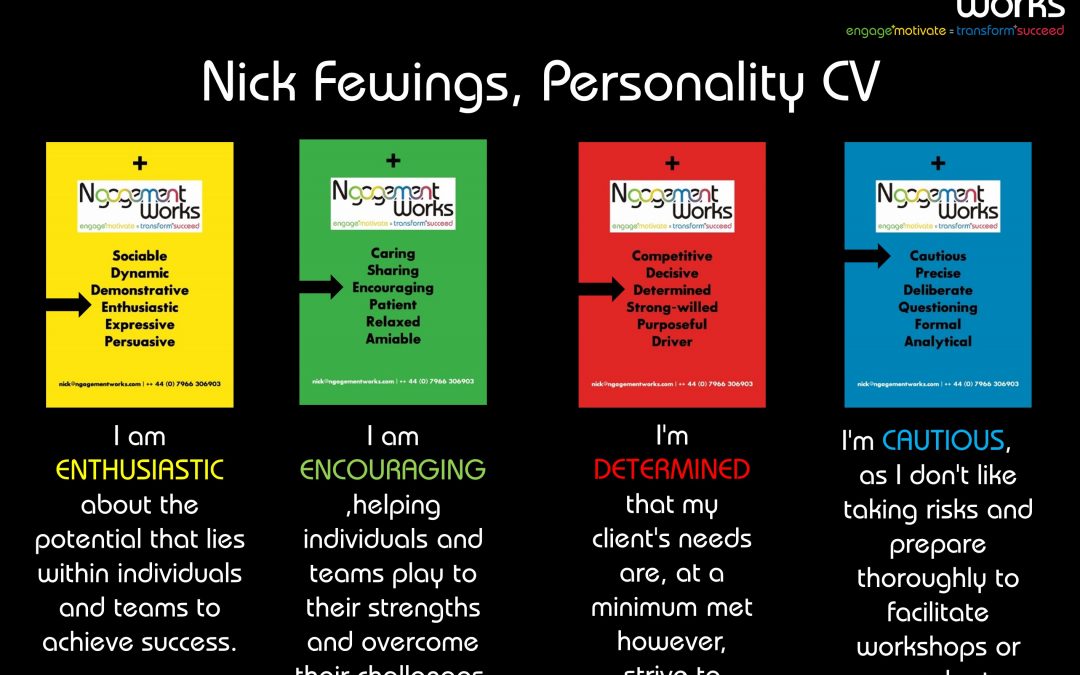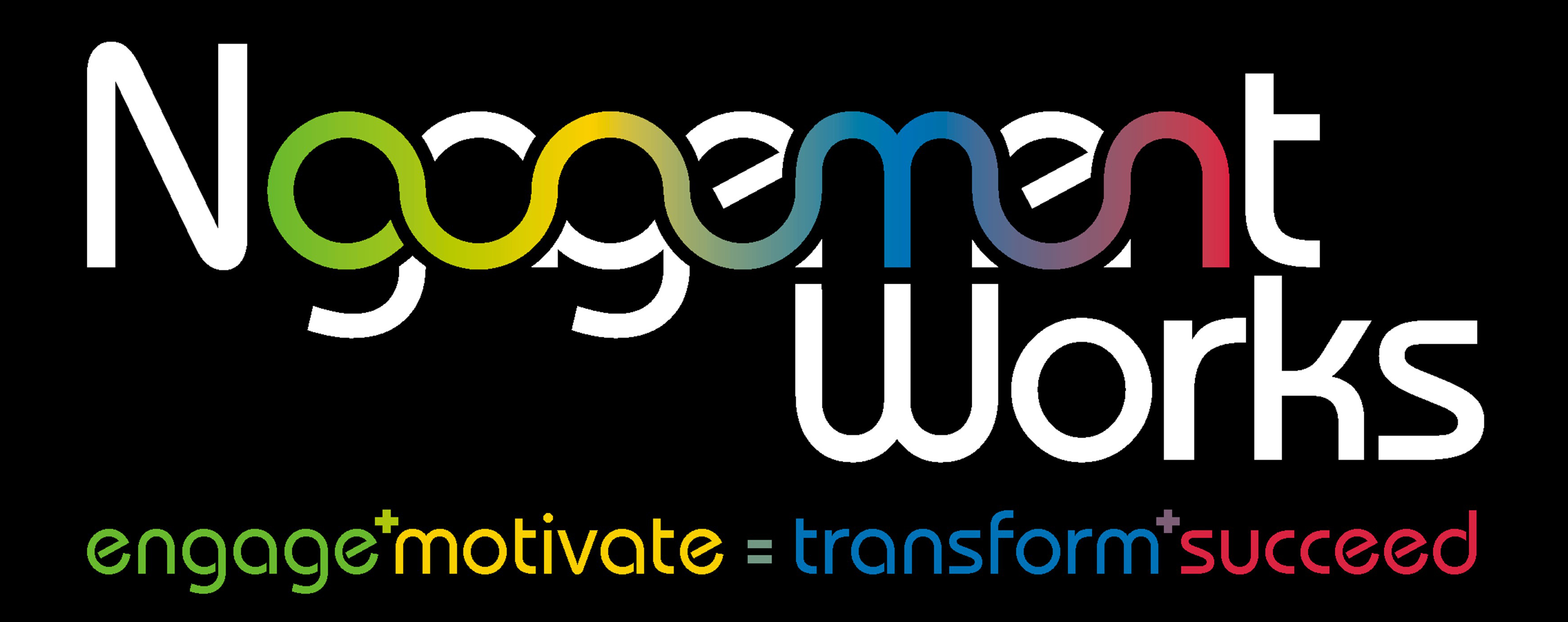I felt it necessary to comment on an element of the recent survey completed by Avery UK in partnership with Executive Secretary Magazine which you can read using this link or via the Slideshare link
Firstly, I would like to say that I found the survey report a fascinating and insightful study of the PA workforce with some useful information that can help to shape the future. However there was one area that I felt strongly about, that I wanted to pass comment on and fly the flag for PAs who have a preference for Introversion.
The study of about 300 female PAs stated that “There is a certain personality type for PAs, mentioning “extroverted” and again in the report that “PAs are higher in extraversion”.
For those who may be unfamiliar with what exactly Introversion and Extraversion is, they are behavioural terms, coined by the Swiss psychologist, Carl Jung to explain where we get our energy from. He called these our attitudinal functions. Here is some information about both.
Introversion
Those with a preference for Introversion get their energy from within. Words associated with Introversion are quiet, shy and reflective. At a top level Introverts “think before they talk”. They analyse what is being said, forming their own thoughts and ideas internally prior to sharing them.
Extraversion
Those with a preference for Extraversion get their energy from others. Words associated with Extraverts are loud, sociable and demonstrative. They often “talk before they think” to enable others to comment and move forward their ideas or thoughts.
The important fact is that, as individuals, we have the ability to demonstrate both Introversion and Extraversion however, we will all have a preference for one or the other. It is the same as writing with our left or right hand, we can do both, however, one feels more comfortable and natural to us and hence, we use it more often.
In the model of colourful behaviours that I use when working with teams and speaking at conferences (see below), you will see that Introversion is associated with those who lead with either Cool Blue or Earth Green energy and Extraversion is associated with Fiery Red and Sunshine Yellow.
Being aware of some of those PAs that are quoted in the survey, I know that they do show a high degree of extraversion, and I wondered whether this was the case for the majority of those who took part in the survey, which may skew the results?
The reason I mention the above is that, having undertaken quite a number of high-level behavioural studies, of the many PAs that have attended conferences I have spoken at, I have found that the majority have had a preference for introversion. Now, it could be that there are more PAs with a preference for introversion that have attended the conferences that I have spoken at, which again would skew the results!! You can read the article here, Are You A Personally Adaptable PA?
The key comment in the survey for me was that PAs were more emotionally intelligent, which correlates with the studies I have undertaken. The most well-known and respected studies of Emotional Intelligence have been undertaken by Daniel Goleman. He studied people in all different job roles and sectors to find out what made some people stand out and be more successful than others. He identified that these people used their Emotional Intelligence better and more often than others. Below is a high-level summary of the four facets of Emotional Intelligence that he identified.
In conclusion therefore, high-performing assistants can either have a preference for Introversion or Extraversion however the key to high-performance is how well they understand and use their emotional intelligence.
Here’s to your continued success, whether you are an Introverted or Extraverted PA. #PAPower.
Yours behaviourally, Nick
nick@ngagementworks.com or 00447966306903
Related Articles and Pages:
If You’re An “Earth Green” PA, Please Don’t Belittle The Value You Add
PA/EA/VA Power




